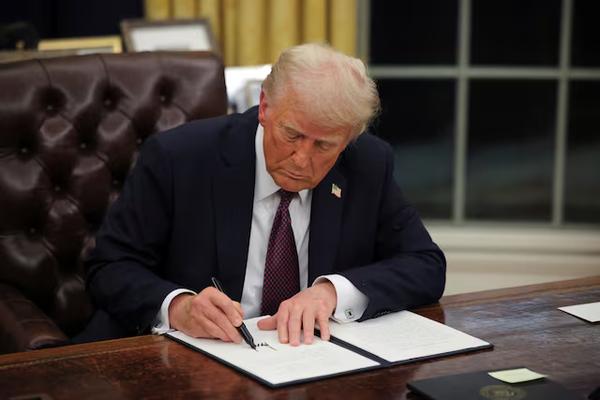Implications of Trump's Universal Tariff Plan
Domestic trade experts are predicting a swift implementation of universal tariffs by the second Trump administration, with South Korea likely facing increased trade pressures. President Donald Trump's 'America First' policy, emphasizing the review of existing trade agreements and the abolition of electric vehicle subsidies, is set to reshape U.S. trade relations.

Expert Opinions on the Tariff Plan
Heo Yoon, a professor at Sogang University, and Kim Jong-deok, director of trade, commerce, and security research at the Korea Institute for International Economic Policy, both agree that the Trump administration is likely to propose universal tariffs soon. The focus on trade deficit countries like South Korea suggests that these tariffs could be used as a negotiation tool in various discussions, including defense cost-sharing and the Korea-U.S. Free Trade Agreement (FTA).
Impact on South Korean and Chinese Companies
The announcement of a 25 percent tariff plan for Mexico and Canada is seen as a move to block China's indirect exports. This policy could adversely affect South Korean conglomerates operating in these regions and SMEs exporting intermediate goods to China. The potential renegotiation of the USMCA under Trump's administration further complicates the trade landscape for these companies.
Challenges for the EV and Battery Industries
Trump's remarks on ending the Green New Deal could pose significant challenges for electric vehicle (EV) and battery companies operating in the U.S. Despite the reliance on subsidies, the future of these industries under the new administration remains uncertain, with potential impacts on local operations and the broader Inflation Reduction Act (IRA).









Comments